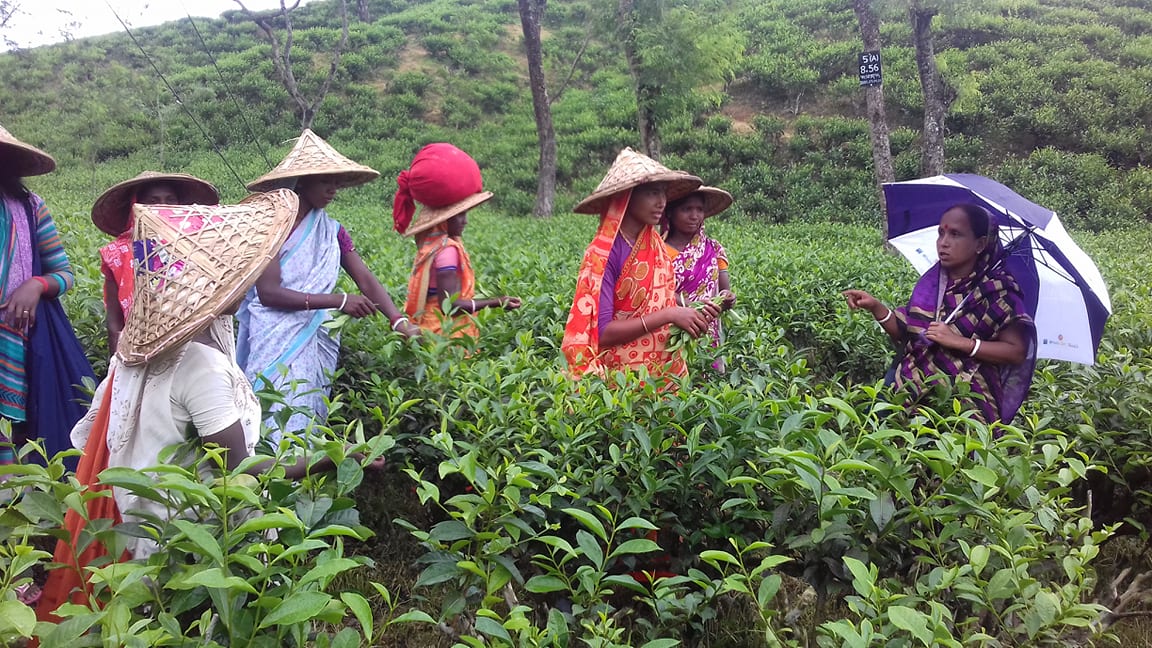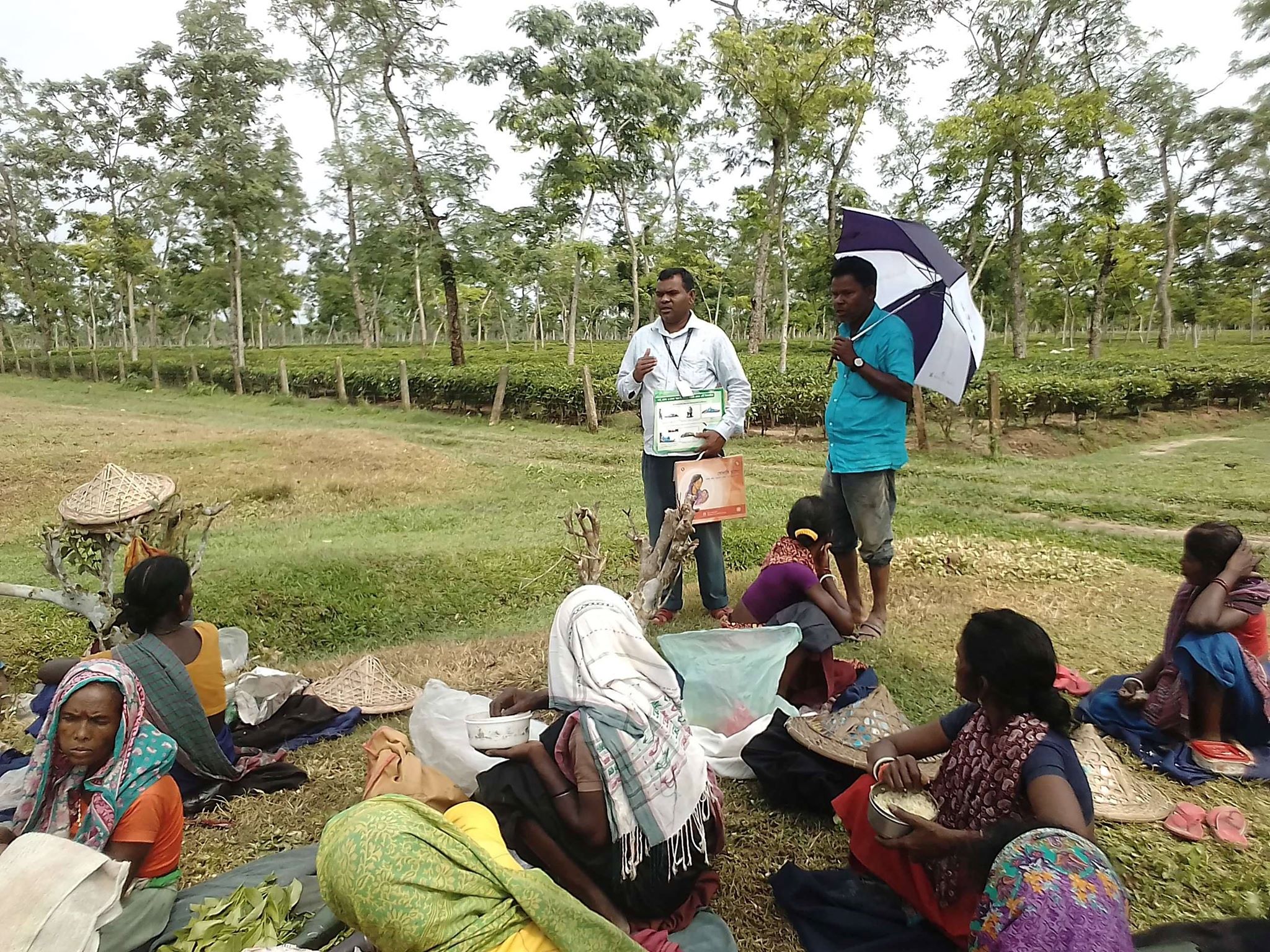|
Project Name: Community based Interventions for Improving Sexual, Reproductive Health and Rights (SRHR) including Maternal and Neonatal Health (ImSRHR&MNH)
Implementation period: November 2018 to June 2021
Client: UNICEF
Location: Moulvibazar District of Sylhet Division
Duration: 30 Months
Funded by: GAC, Managed and Supported by Unicef
Implementation area: (Geographical Coverage): All Upazilas of Moulvibazar District in Sylhet Division
Focused Population: 19,47,315
|
The 2-year long project is supported by Unicef Bangladesh and will utilize existing health structure of the Ministry of Health and Family Welfare (MoH&FW) for sustaining after completion. The project would introduce Maternal, Neonatal, Child and Adolescence Health (MNCAH) intervention at Moulvibazar district following the identified approaches to increase demand for MNCAH services among recipients through raising awareness of community people as well as rights holder. The project will also improve the availability, accessibility and quality of integrated SRHR including MNCAH service with the intention of empowering women and girls. Project’s Focused Area: Gender: The project will directly address gender equity issues focusing specifically on reproductive health services in gender and maternal health issues. Equity: The project will take necessary measures to ensure services for the poor and vulnerable women who are inadequately served by the current system. Aim/ Goal/Purpose: The project aims to address equitable access of services among women, infant and young children, and improving quality of health services in health facilities. Outcome/ Result:
Creating Access to Health for Tea Garden Communities Moulvibazar district has the largest number of tea gardens in Bangladesh. Historically Tea Garden Management has been responsible for health and wellbeing of Tea garden workers and the community. They have their own health facilities. However, they have less coordination with local health system and many health interventions have been failed to reach expected level of results due to low achievement in tea garden areas. Tea garden workers have their own beliefs, taboos, norms and practices. Most of which are unfortunately harmful. Considering the previous experience, the project has undertaken special initiatives for the tea gardens and designed specific interventions for the tea garden communities. Over the years advocacy with the tea garden management has significantly contributed in this special initiative. The project has taken special tea garden focused initiatives like involving Health and Family Planning Managers and Local Government representatives on Community Mobilization; increasing referral linkages to the Government Health Facilities, conducting regular courtyard sessions and counseling, registration of pregnant women by Community Mobilizers (CM) and reporting coordination between Midwives and the CM. PHD also organizes ‘mother assembly’ in 8 selected tea gardens. |


